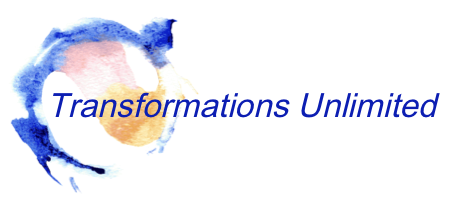Practicing Wholeness: The Experiential Guide to Next-Stage Leadership Development
Practicing Wholeness is a practical guide to vertical/collective leadership development that is meant to be used in any environment where there is a recognition that developing more highly conscious people who can work together to find innovative solutions to increasingly complex problems is the key to creating a world that works for all. It is an approach that is based on the idea that it is possible to advance one’s capacity for more complex and conscious ways of thinking and being by "acting as if" one has already become more highly developed. In other words, the focus is on engaging in practices that are already the hallmark of highly conscious people.
Practicing Wholeness is organized around a process of engaged conversations among two or more people who commit to being together for a minimum of twelve meetings. Each of twelve conversations focuses on a practice or discipline designed to deepen self-awareness; strengthen relationships with others; and, heighten perspectives. They include:
Deepening Self-Awareness
- Presence
- Courage
- Authenticity
- Integrity
Strengthening Relationships
- Truthfulness
- Forgiveness
- Compassion
- Generosity
Elevating Perspectives
- Humility
- Unity
- Equanimity
- Celebration
Practicing Wholeness Facilitators are provided with the resources needed to support a group or team in working with these practices, including:
A. A pre-reading that describes the practice, along with references to additional and optional readings and resources.
B. One or more questions or conversation starters for individual and group reflection
C. Suggestions for taking the practice into participants’ daily lives
Learn More About Practicing Wholeness here!
OUR OTHER WORK-IN-PROGRESS
Circles of Transformation
Circles of Transformation is a book-in-progress that tells the stories of people all over the world who are using circle as a a form to generate trusting relationships among people with long histories of antagonism; promote healing among people suffering from physical, mental and emotional illnesses; facilitate change processes in individuals, organizations, communities and societies; and often, to simply create a safe landing space for people to experience the nurturance and fellowship of friends. The book introduces "Circles for the Human Spirit," a series of twelve engaged conversations, each focused on a practice or discipline designed to deepen our self-awareness; strengthen our relationships with others; and, cultivate an intimate connection with the whole of the human spirit. Each Practice of the Human Spirit is supported by an initiating story or poem; conversation starters; suggestions for taking the practice into participants’ daily lives; and, ideas for sharing interim reflections with the circle.
Co-Creative Coupling: Transforming Our Relationships and Our World
Co-Creative Coupling is a book that we (Carole and David) have been preparing to write for most of our lives together! The premise of the book is that the future of marriage (and other forms of committed relationships) lies in our ability to evolve a next higher level of societal purpose for the institution. Historically, at least in the Western world, marriage has served to preserve the future of the species; forge family relationships; ensure economic stability; satisfy romantic and sexual needs; and, to deal more effectively with the complexities of daily living through co-habitation. Based on our interviews and research, we believe that couples who share a common work are showing us the way to forming a new kind of union; one in which we commit ourselves to our own development as human beings, and to co-creating a world that works for all. These unions can become the model for ways of being together that can bring about peace, harmony and goodwill in our relationships and in our world. If you know of couples we should interview for the book, send an email to carole@transformunltd.com.
Competency-Based Education
Competency-Based Education represents a new wave of innovation in higher education. David, along with his colleagues in the Business and Economics Department at Lansing Community College, are leading the way by designing a system of services and educational offerings that aims to a) provide employers with a more competent talent pool; and b) provide students with a customized, lower-cost, more diverse pathway toward achieving success in the workplace. Competency-based education begins with clearly defining the knowledge, skills, attitudes and abilities required for specific credentials; allows the student to demonstrate their mastery through a variety of means, including real-world work and life experience; and, transforms the role of the professor from "sage on the stage" to "guide on the side." The potential for improving the quality of higher education, as well as lowering its costs and loan burdens on students, comes from a focus on demonstrating learning outcomes, rather than time spent in the classroom.

